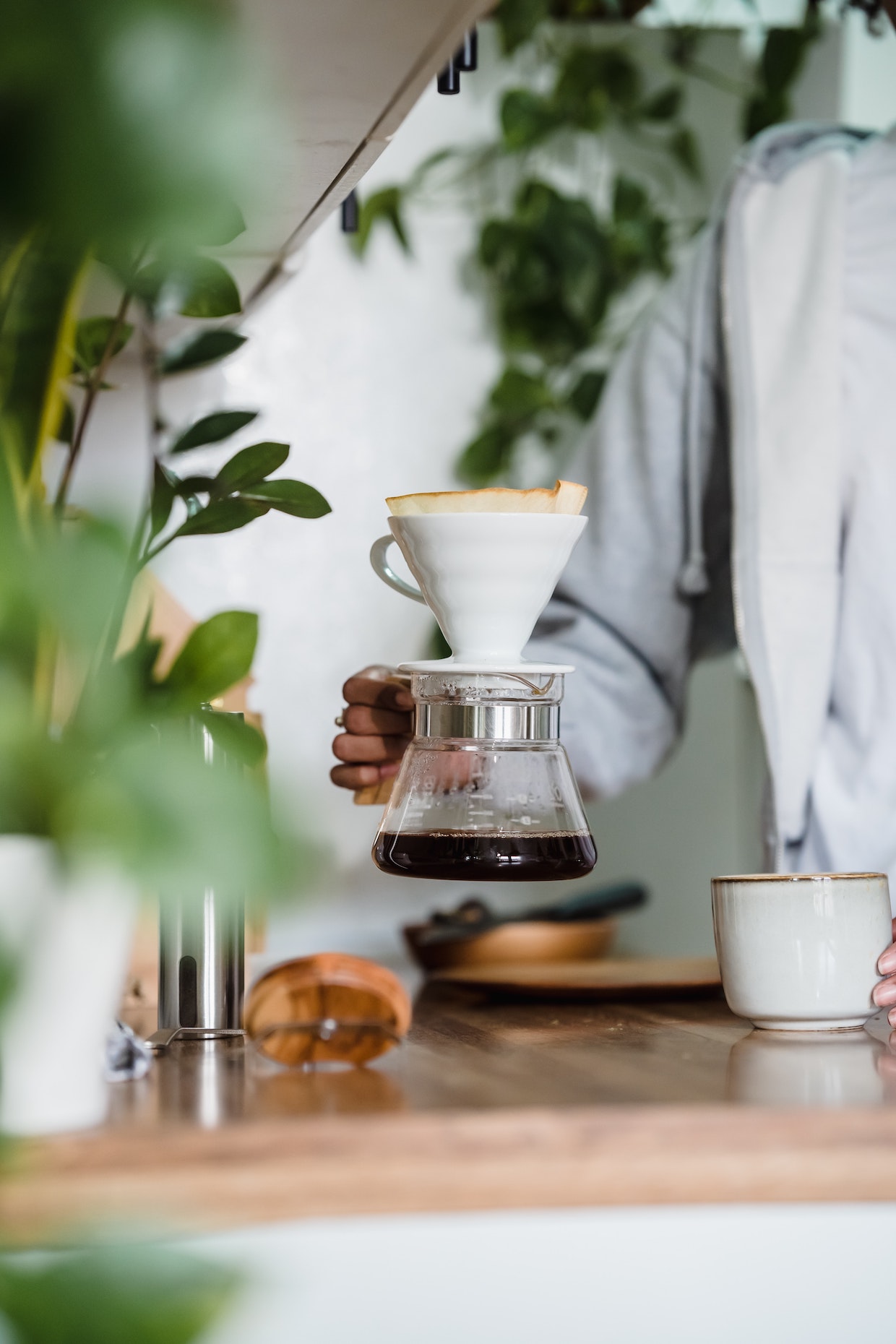New research suggests that it is the experience of drinking coffee, not solely the caffeine bump, that gives people a boost in alertness and efficiency.
Hypothesizing that the “essential morning coffee” enjoyed by billions of people worldwide may be a placebo, the researchers conducted MRIs on coffee-drinking subjects to test functional brain activity.
The Portugal-based research team asked subjects to abstain from coffee or caffeine consumption prior to the MRIs. One group of participants was given caffeine in simple chemical form while the other group was given a caffeinated cup of coffee, similar to what drinkers might actually experience on a daily basis. Then participants were asked to relax and let their minds wander as they underwent MRI scans.
The scans found that the activity in the brain’s default mode network — which is associated with introspection and self-reflection, as opposed to responding to external stimuli — decreased in both groups of participants. This suggested that either consuming caffeine or a cup of coffee “made people more prepared to move from resting to working on tasks.”
However, the MRIs showed a notable distinction between the two groups. People who drank a cup of coffee experienced increased neural connectivity in the “higher visual network” and the “right executive control network.” Those are the parts of the brain that are associated with working memory, cognitive control and goal-directed behavior.
The group that drank caffeine alone, without the experience of drinking coffee, did not experience that uptick in neural activity.
“In simple words, the subjects were more ready for action and alert to external stimuli after having coffee,” lead author Maria Picó-Pérez of Jaume I University said in an announcement of the findings.
The study was not designed to explore whether drinking cups of decaffeinated coffee might yield similar results, although the researchers did hypothesize that non-coffee drinks that do contain caffeine are likely to boost the transition from resting to working on tasks.
“Taking into account that some of the effects that we found were reproduced by caffeine, we could expect other caffeinated drinks to share some of the effects,” said Picó-Pérez. “However, others were specific for coffee drinking, driven by factors such as the particular smell and taste of the drink, or the psychological expectation associated with consuming that drink.”
A 2018 study found a similar placebo effect in coffee consumption, with math scores improving among test-takers just from the mere smell of coffee. A more recent study found that the placebo effect created by decaffeinated coffee may be a useful phenomenon in treating hard drug addiction.
The new study, called “Coffee consumption decreases the connectivity of the posterior Default Mode Network (DMN) at rest” was published today in the journal Frontiers in Behavioral Neuroscience.
Does your coffee business have news to share? Let DCN’s editors know here.









Comment